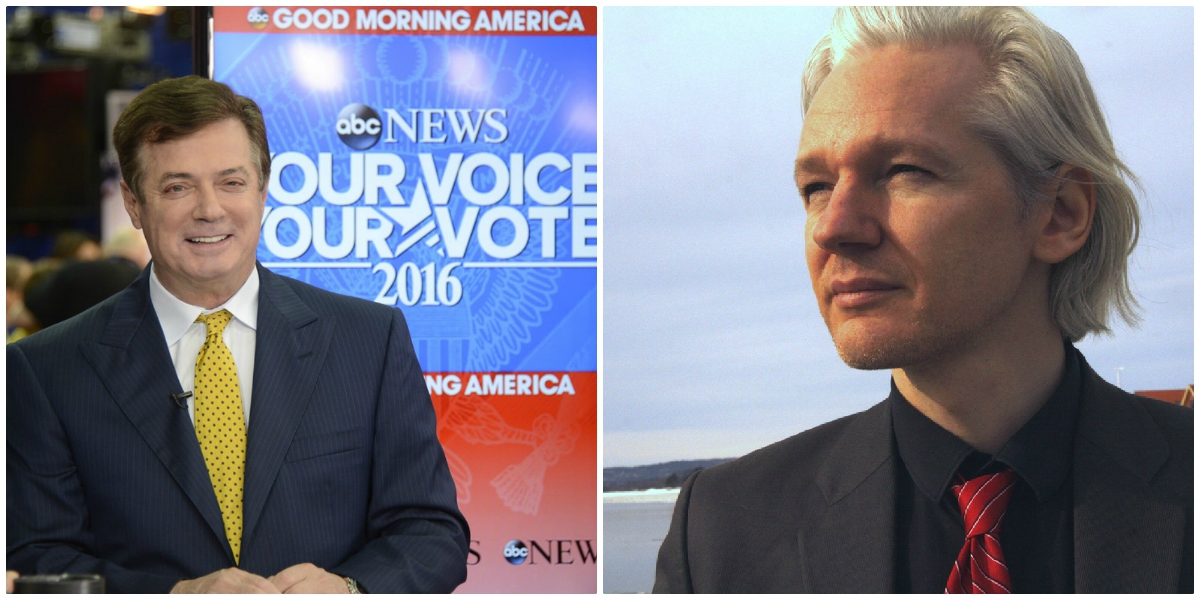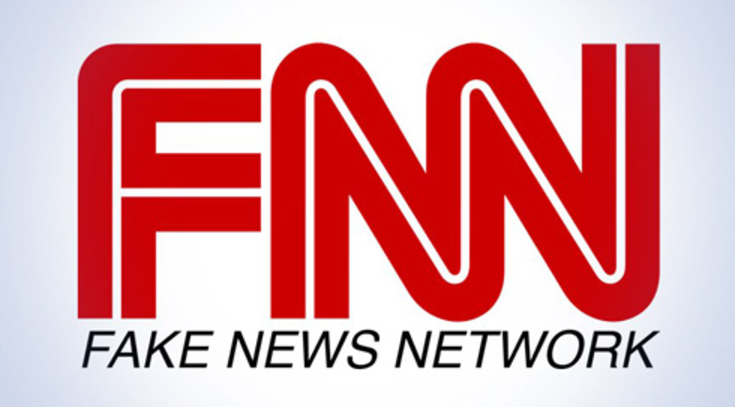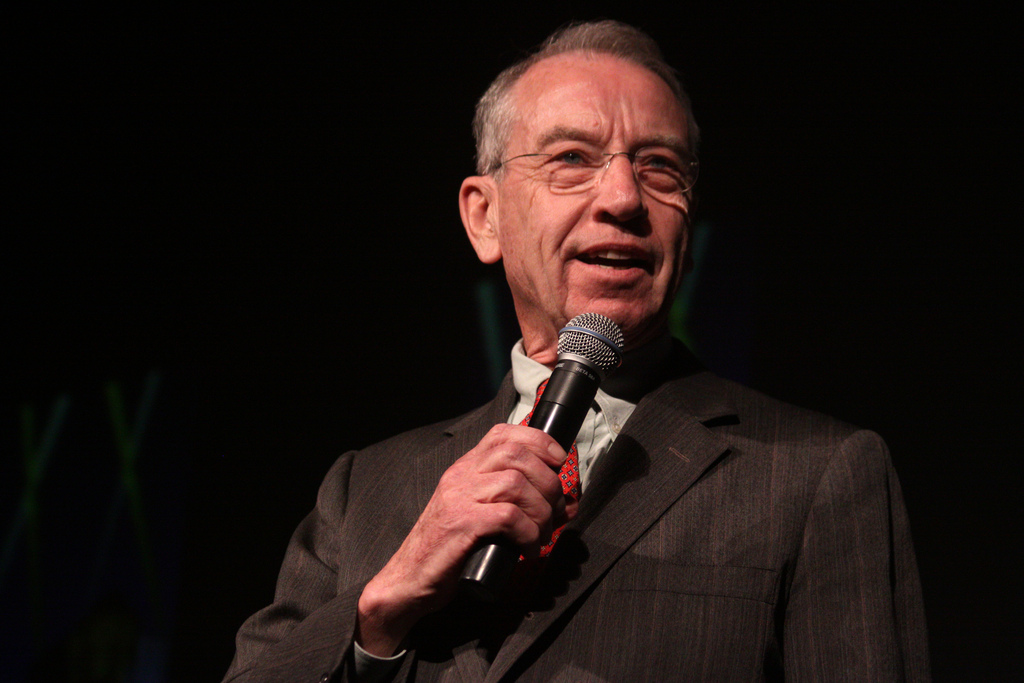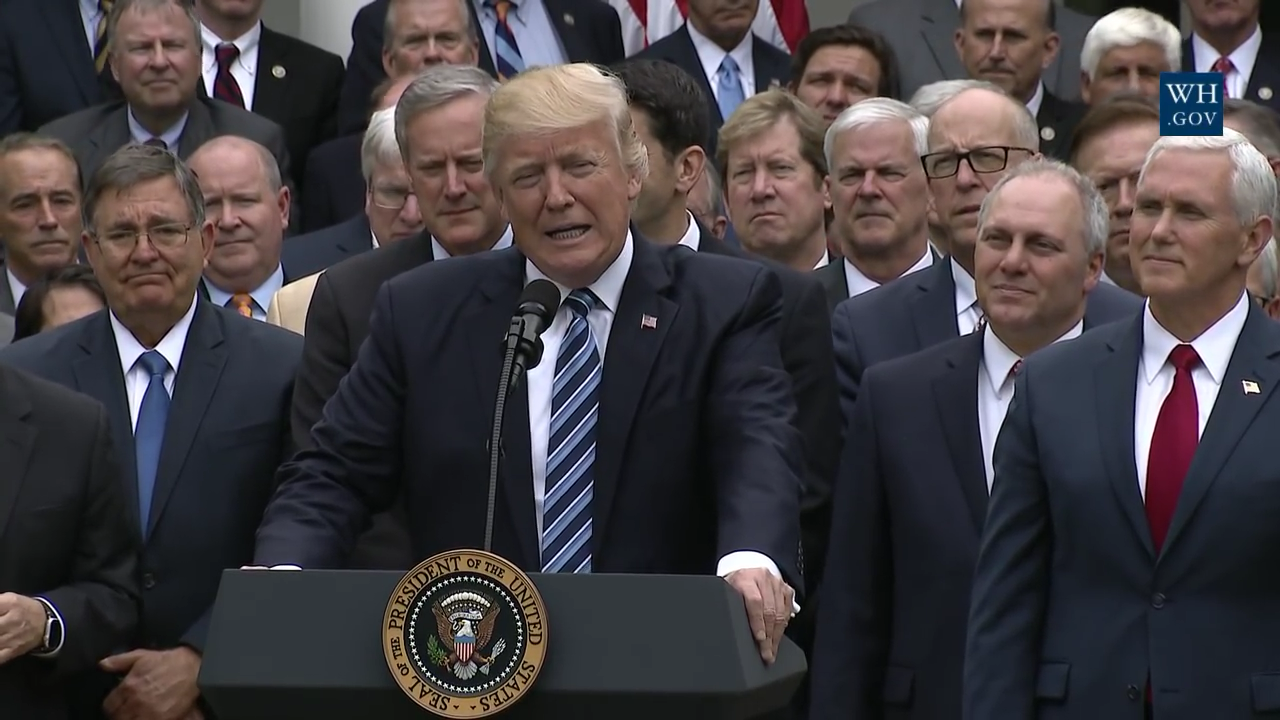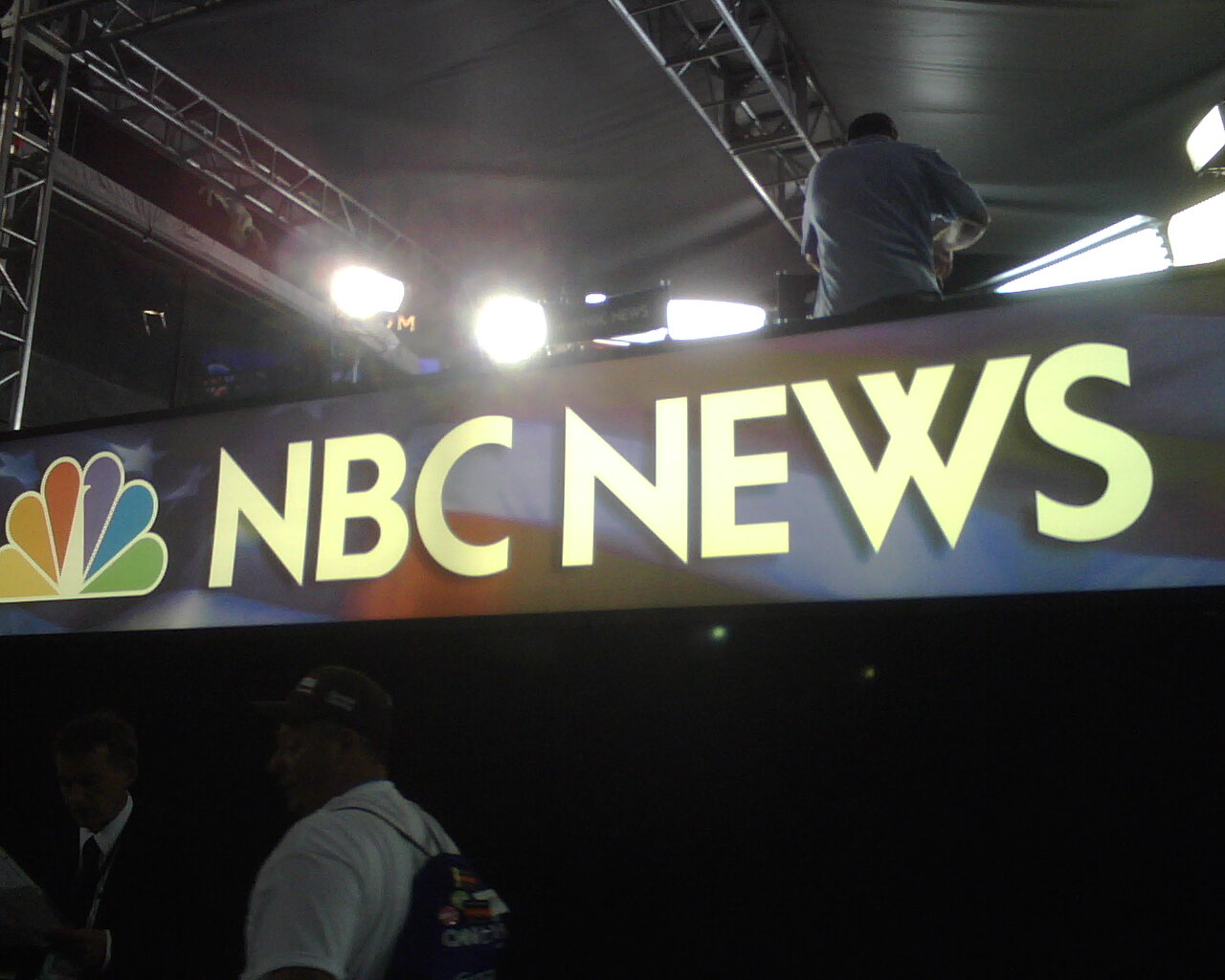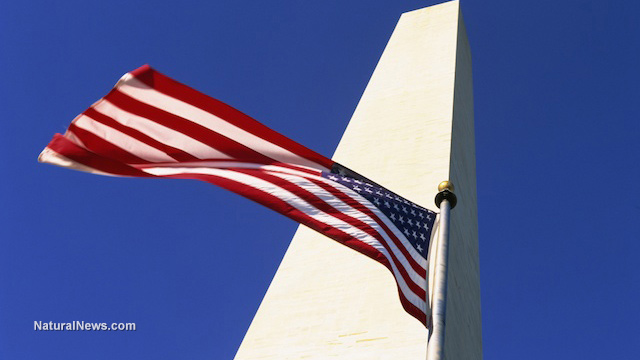Sugar study aimed at discrediting new restrictions tied to Coca-Cola, Kellogg’s and Monsanto
12/21/2016 / By Daniel Barker
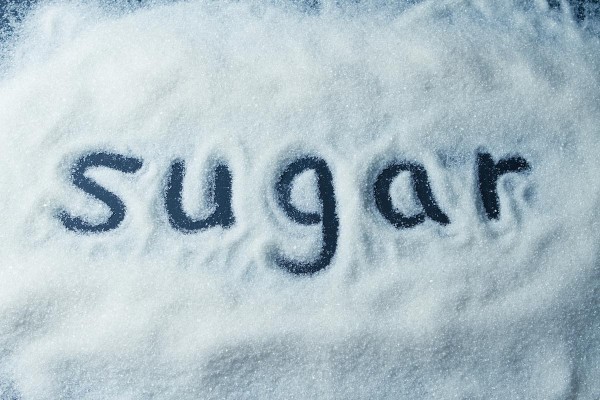
A newly-released study that questions current global health advice regarding sugar has been exposed as a propaganda piece financed by the food and sugar industry and authored by industry insiders.
The study, published this week in The Annals of Internal Medicine, was immediately criticized by The New York Times and others for its blatant attempt to shift the blame away from the sugar industry for its contribution to the global obesity crisis and a range of other diet-related health issues.
From The New York Times:
“The review was paid for by the International Life Sciences Institute, a scientific group that is based in Washington, D.C., and is funded by multinational food and agrochemical companies including Coca-Cola, General Mills, Hershey’s, Kellogg’s, Kraft Foods and Monsanto. One of the authors is a member of the scientific advisory board of Tate & Lyle, one of the world’s largest suppliers of high-fructose corn syrup.”
A textbook example of the fox guarding the hen house
With financial backing from sources like these, it’s not too surprising that the researchers reached the conclusion that current sugar guidelines “do not meet criteria for trustworthy recommendations and are based on low-quality evidence.”
But sugar industry meddling within the scientific research community is nothing new. In September, the journal JAMA Internal Medicine published recently discovered documents revealing how the industry had managed to “derail the discussion about sugar for decades.”
The food industry has been manipulating scientific research for five decades
The documents, which were discovered by a researcher at the University of California, showed how this was accomplished by the Sugar Research Foundation (now called the Sugar Association) when it paid a trio of Harvard professors during the 1960s to publish reviews based on cherry-picked clinical studies that played down the link between sugar and heart health, while shifting the blame to saturated fats.
This sort of manipulation of the scientific community by the food industry has continued over the past five decades, and – as many have noted – closely resembles the deceptive tactics of the tobacco industry, which also secretly backed research that produced results favoring its interests.
Coca-Cola was exposed last year by the NYT for having poured millions into research that played down the role sugary drinks play in causing obesity, and this year, the Associated Press published reports of candy makers funding studies that concluded that “children who eat candy tend to weigh less than those who do not.”
One of the lead authors of the new study, Bradley C. Johnston, was quick to defend the research, saying that he and the team expected criticism for their ties to the sugar industry, but that he hoped people would not “throw the baby out with the bathwater” by disregarding their conclusions, and that their goal was not to encourage people to consume more sugar.
Industry-backed study ‘ignored the real data, created false scores’
Other experts, however, disagree that the research is sound. Barry Popkin, a nutrition professor at the University of North Carolina, said that he was astounded that the study was published at all.
“They ignored the real data, created false scores, and somehow got through a peer review system,” he said.
The sugar industry is obviously feeling threatened by initiatives aimed at fighting the global obesity crisis. Sugar taxes and new government guidelines might cut into the vast profits that companies like Coca-Cola, Kellogg’s and General Mills have come to feel entitled to.
They’ll stop at nothing to keep Americans uninformed – their only goal is to keep on selling as many of their addictive and toxic products as possible.
Sources:
Tagged Under: obesity, sugar industry


